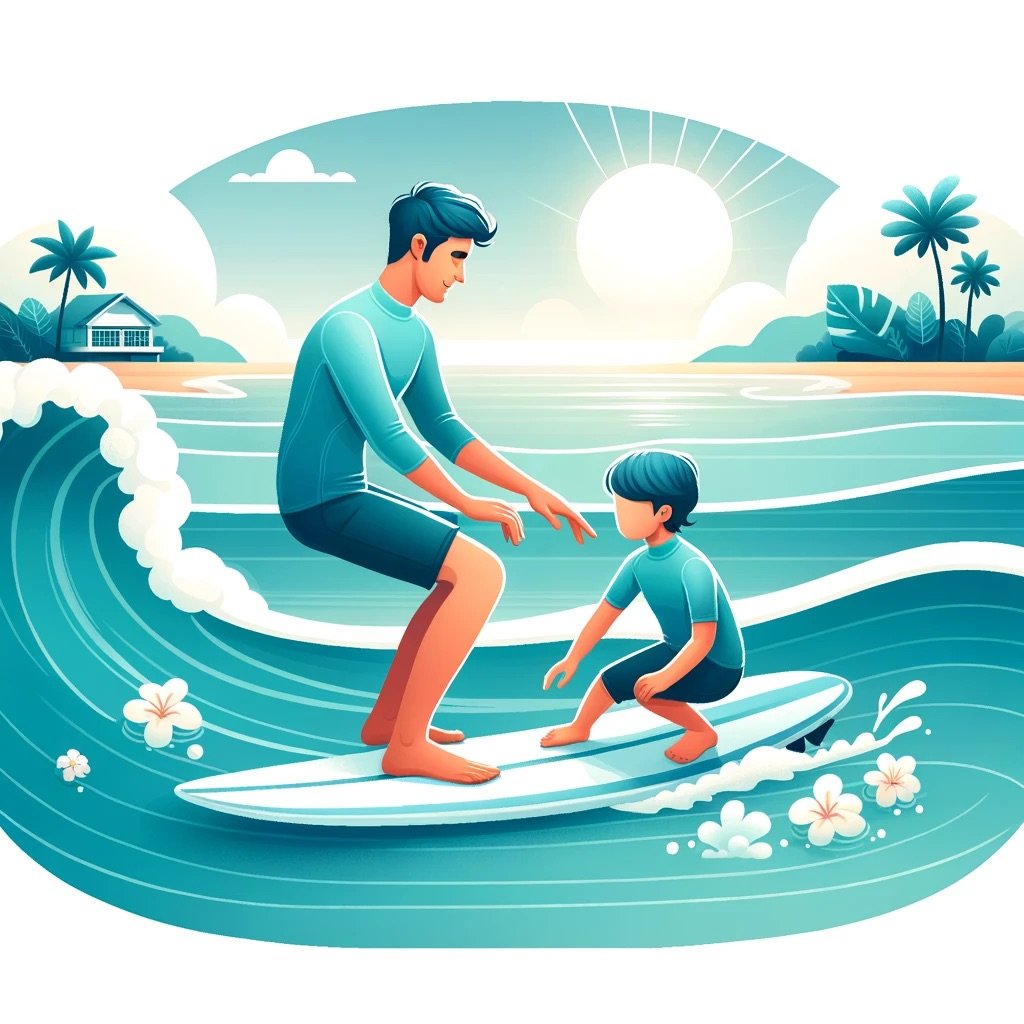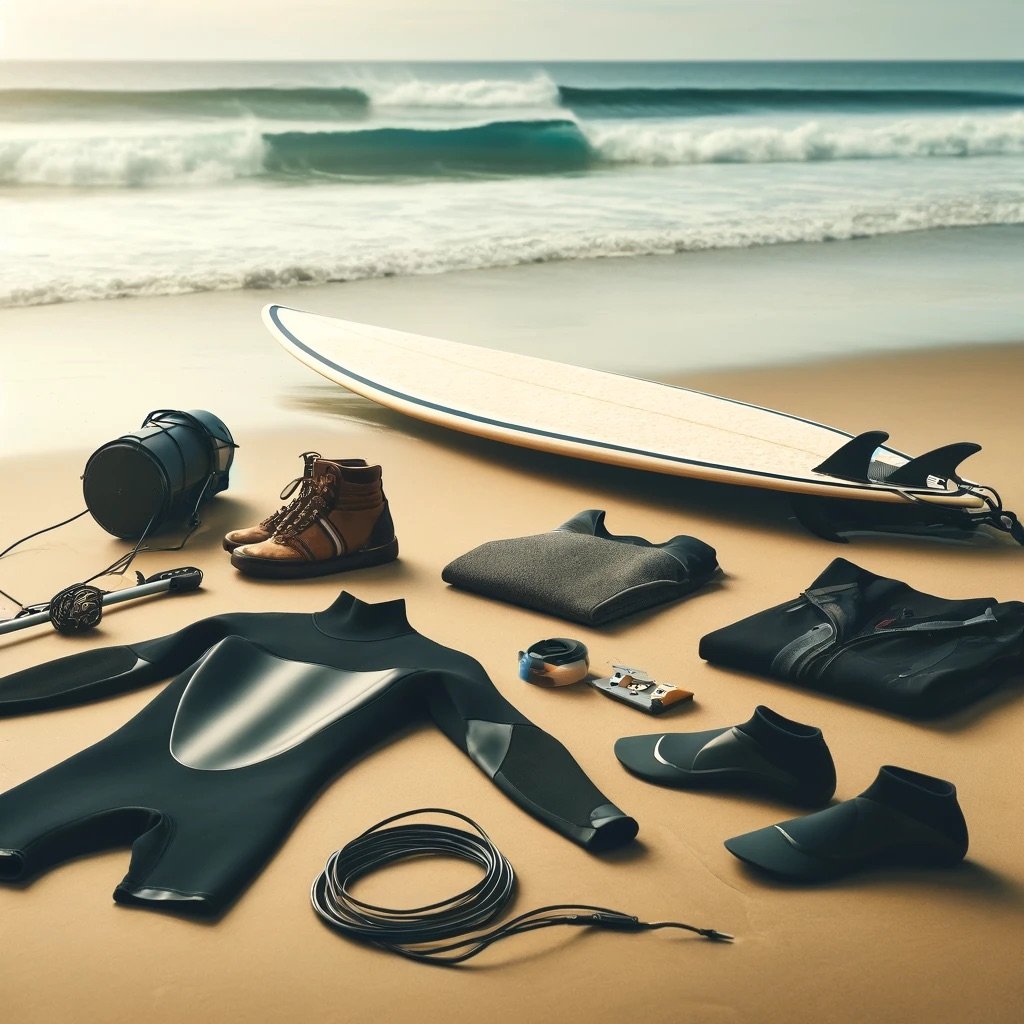Traditional fishing is more than just a hobby—it’s a time-honored tradition that celebrates the art of angling and the connection to the natural world. Whether you’re casting from the shore of a tranquil lake, wading in a bubbling stream, or trolling offshore waters, proper preparation is key to a successful and enjoyable fishing experience. In this guide, we’ll explore essential tips to help anglers prepare for traditional fishing adventures and maximize their chances of reeling in the catch of a lifetime.
1. Research Your Fishing Destination
Before embarking on a traditional fishing adventure, take the time to research your fishing destination thoroughly. Familiarize yourself with local fishing regulations, seasons, and licensing requirements to ensure compliance with applicable laws. Research the target species you hope to catch and learn about their behavior, habitat preferences, and feeding patterns. Consider factors such as weather conditions, water temperatures, and seasonal migrations when planning your fishing trip to maximize your chances of success.
2. Check Your Fishing Gear
Ensuring you have the right fishing gear in good working condition is essential for a successful fishing trip. Take inventory of your fishing tackle, including rods, reels, lines, hooks, lures, and bait, and inspect each item for damage or wear. Replace any worn or damaged gear and stock up on essential supplies such as extra line, leader material, and terminal tackle. Don’t forget to check the condition of your fishing rod guides, reel bearings, and drag systems to ensure they are functioning smoothly.
3. Pack the Essentials
Packing the right gear and supplies can make all the difference in a successful fishing trip. Be sure to pack essentials such as sunscreen, insect repellent, polarized sunglasses, a hat, and appropriate clothing for the weather conditions. Bring along a well-stocked tackle box with a variety of lures, hooks, weights, and other terminal tackle for different fishing situations. Don’t forget to pack a fishing net, line cutter, pliers, and other tools for handling and releasing fish safely.
4. Choose the Right Bait and Lures
Selecting the right bait and lures is crucial for enticing fish to bite. Consider the species you’re targeting, as well as the prevailing water conditions and time of year, when choosing your bait and lures. Live bait such as worms, minnows, and insects can be highly effective for attracting a wide range of fish species, while artificial lures such as spinners, jigs, and crankbaits offer versatility and convenience. Experiment with different colors, sizes, and retrieval techniques to find what works best for the conditions you’re fishing in.
5. Practice Proper Casting Techniques
Mastering proper casting techniques is essential for placing your bait or lure in the strike zone and enticing fish to bite. Practice casting with your fishing rod and reel to develop accuracy, distance, and control. Focus on smooth, fluid movements and aim to land your bait or lure softly on the water to avoid spooking fish. Experiment with different casting angles and trajectories to cover a variety of water depths and structures effectively.
6. Respect the Environment
Respecting the environment and practicing responsible fishing practices is essential for preserving natural resources and ensuring sustainable fishing opportunities for future generations. Follow catch-and-release guidelines for sensitive fish species, handle fish with care to minimize stress and injury, and dispose of fishing line and other trash properly to prevent pollution. Observe fishing regulations and practice ethical angling practices to minimize your impact on the aquatic ecosystem and leave the environment better than you found it.
Conclusion
Preparing for traditional fishing adventures requires careful planning, attention to detail, and a deep appreciation for the natural world. By researching your fishing destination, checking your gear, packing the essentials, choosing the right bait and lures, practicing proper casting techniques, and respecting the environment, you can set yourself up for success and create unforgettable memories on the water. Whether you’re casting for bass in a tranquil pond or trolling for tuna in offshore waters, proper preparation is the key to a successful and enjoyable fishing experience.
Share this:
- Click to share on Facebook (Opens in new window) Facebook
- Click to share on X (Opens in new window) X
- Click to print (Opens in new window) Print
- Click to email a link to a friend (Opens in new window) Email
- Click to share on LinkedIn (Opens in new window) LinkedIn
- Click to share on Reddit (Opens in new window) Reddit
- Click to share on Tumblr (Opens in new window) Tumblr
- Click to share on Pinterest (Opens in new window) Pinterest
- Click to share on Telegram (Opens in new window) Telegram
- Click to share on Threads (Opens in new window) Threads
- Click to share on WhatsApp (Opens in new window) WhatsApp







